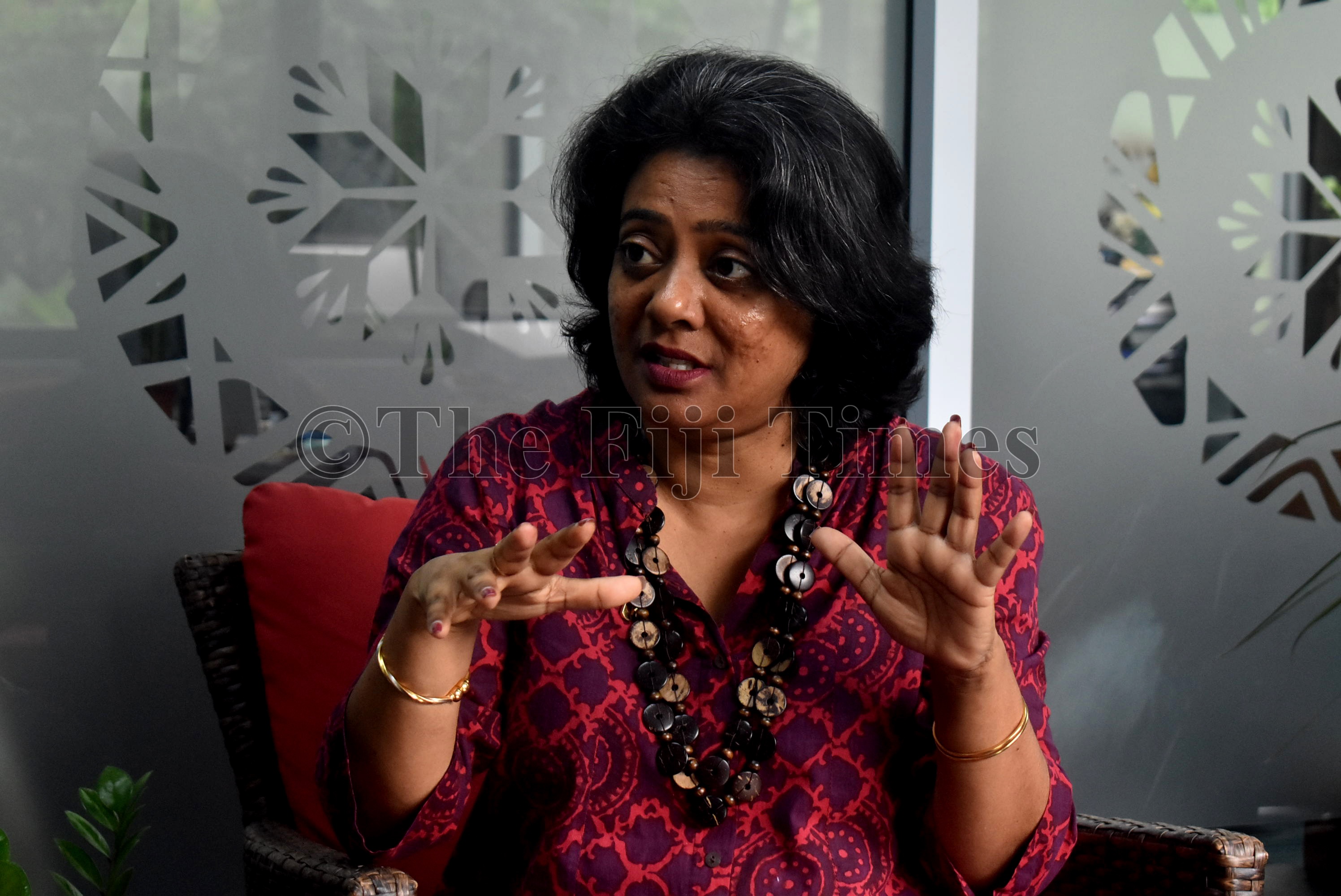Ninety-nine per cent of children who are on the streets come from broken families and were left to live with relatives, says Assistant Minister for Women, Children and Social Protection Sashi Kiran.
Speaking to The Fiji Times online portal, The Lens @ 177, Ms Kiran said there were also children who loiter within town areas but have homes to go to.
“We’re finding the majority of the people, at least in Suva, on the streets. The children have lost a grandparent or 99 per cent of them come from broken families,” Ms Kiran said.
“Broken families living with a relative or grandparent or maybe that they lost their aunt or something. Some we’re finding with parents (who) have moved on to other relationships.
“Now, there are those who loiter, who have homes, so by the time we get to them they do go back home. We will identify them later and talk to the parents, hopefully, or guardians to see that they don’t come back.”
Ms Kiran said most of these children were neglected by their parents and exposed to pornography, drugs and bullying.
“We also find neglect in terms of, and I’ve seen that in the last decade or so in my community work, where even in overcrowded homes, especially in squatters, when the parents are drinking grog and children are left on their own, there is bullying.
“We heard of a case of adults pushing drugs into the small ones through needles. We had seen adults exposing children to pornography in community halls.
“People are moving for PALM (Pacific Australia Labour Mobility scheme). There’s a lot of teenage pregnancies, children are left with relatives and, generally, we’ve become very much more focused on ourselves rather than looking at a child, no matter which ethnic group they belong to.”
Ms Kiran stressed that the issue needed a whole community approach because there is a “brokenness in our society”.
“I think all the faith-based are really stepping up. I will tell you, I’ve been talking to so many. There is the issue of parenting and Archbishop (Peter Loy Chong) will tell you that they have evolved the program for parenting.
“So, I think what needs to happen is each one of us needs to pay attention to the children in our homes, at least in your yasayasa, in your own community.
“For example, like in housing. Is it possible that children come in and there’s like one person or a few people looking after those kids there in the hall, they’re reading. “They belong to Fiji, and they belong to you.”



